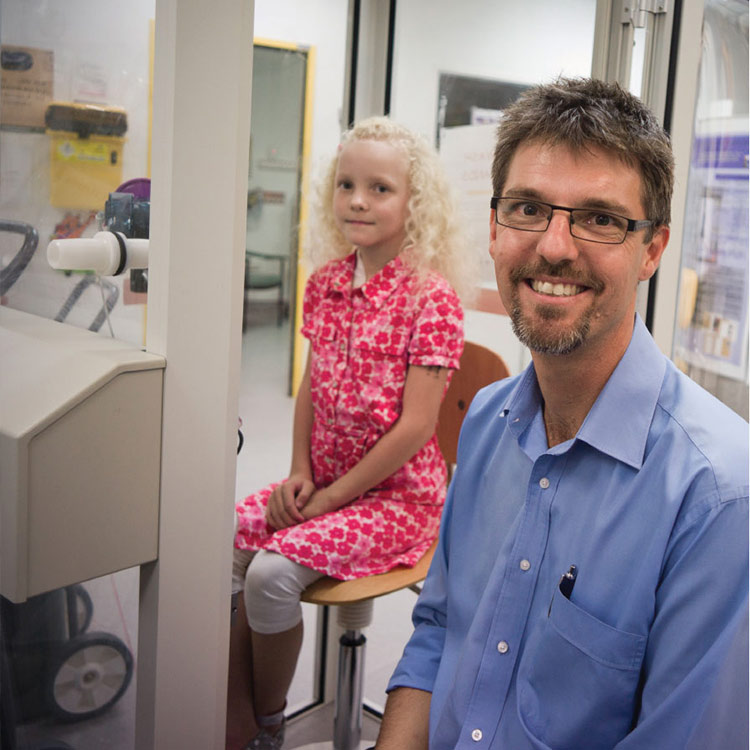Search



"Philanthropy allows us to reach for the stars" - Hope for children with cystic fibrosis
Life expectancy was in the 20s for children born with cystic fibrosis 30 years ago, today it is in the 30s. Professor Graham Hall is leading this research.






People
Epke Annelie Le RutteEpke is a veterinarian that specializes in infectious disease control, and holds a PhD in human neglected tropical disease (NTD) control and elimination.

